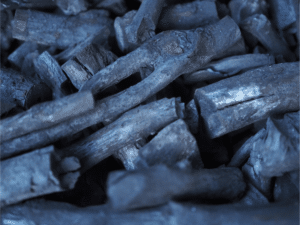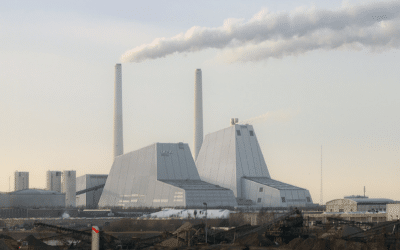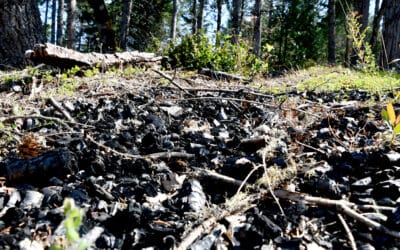Biofuelwatch’s new briefing, Biochar: A critical perspective, looks into what the science tells us about whether biochar reliably stores carbon and boosts soil fertility.
In 2011, Biofuelwatch published a comprehensive report on biochar: “Biochar: a critical review of science and policy”. In 2020, the group provided an update to that report and, given the proliferation of initiatives to develop commercial-scale biochar and burgeoning policy and financial support, felt compelled to provide this more recent update.
The published literature has dramatically expanded, reflecting great interest and an influx of funding to soil science research. Additionally, there has in recent years been a widening of the scope of proclaimed ‘uses’ for biochar – no longer just for carbon sequestration or soil and crop improvement, but also for remediation of toxins, as a feed supplement for livestock to reduce methane emissions, for treatment of waste water and more.
The overarching problems remain as results from biochar studies continue to be highly inconsistent, depending on what feedstock is used, how it is produced, the type of soil to which it is applied, the environmental conditions, what crop is grown, the study duration, and what kinds of measurements are made. Understanding of biochar is far from what would be required to enable reliable control over its influence on the environment. Given the risks discussed further in the briefing, it is highly premature to promote biochar as deserving subsidies and other incentives.



